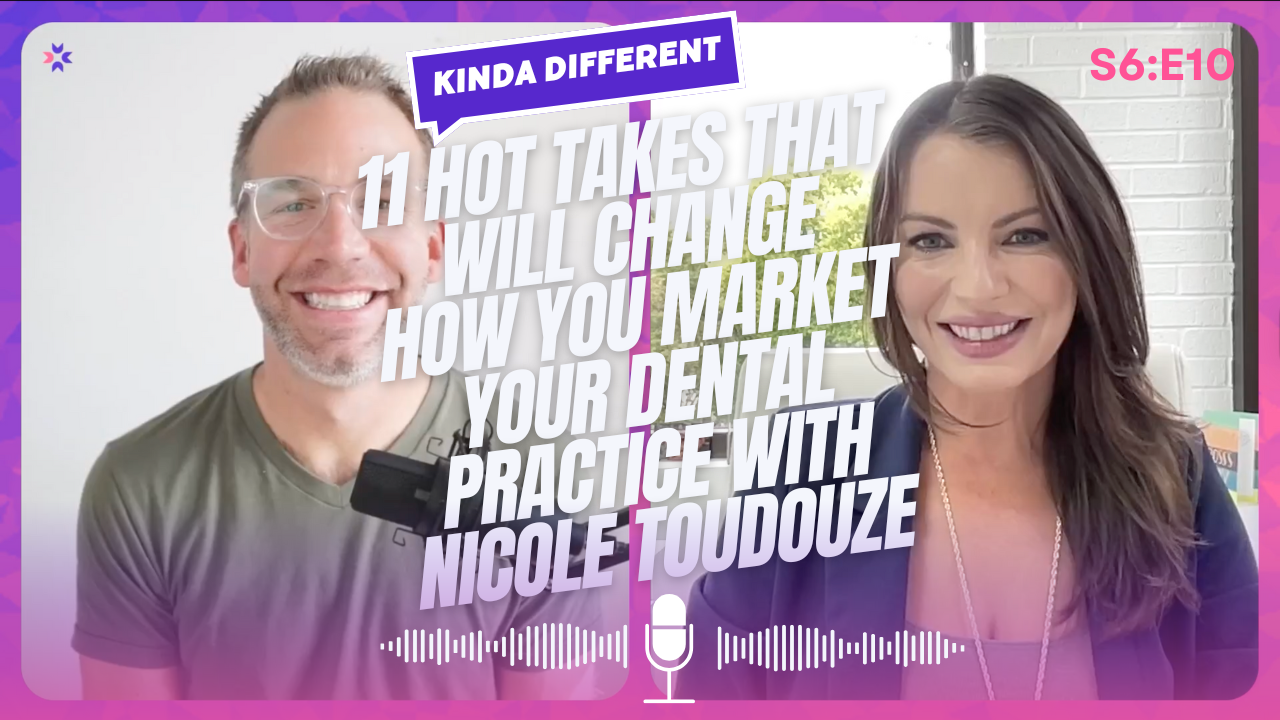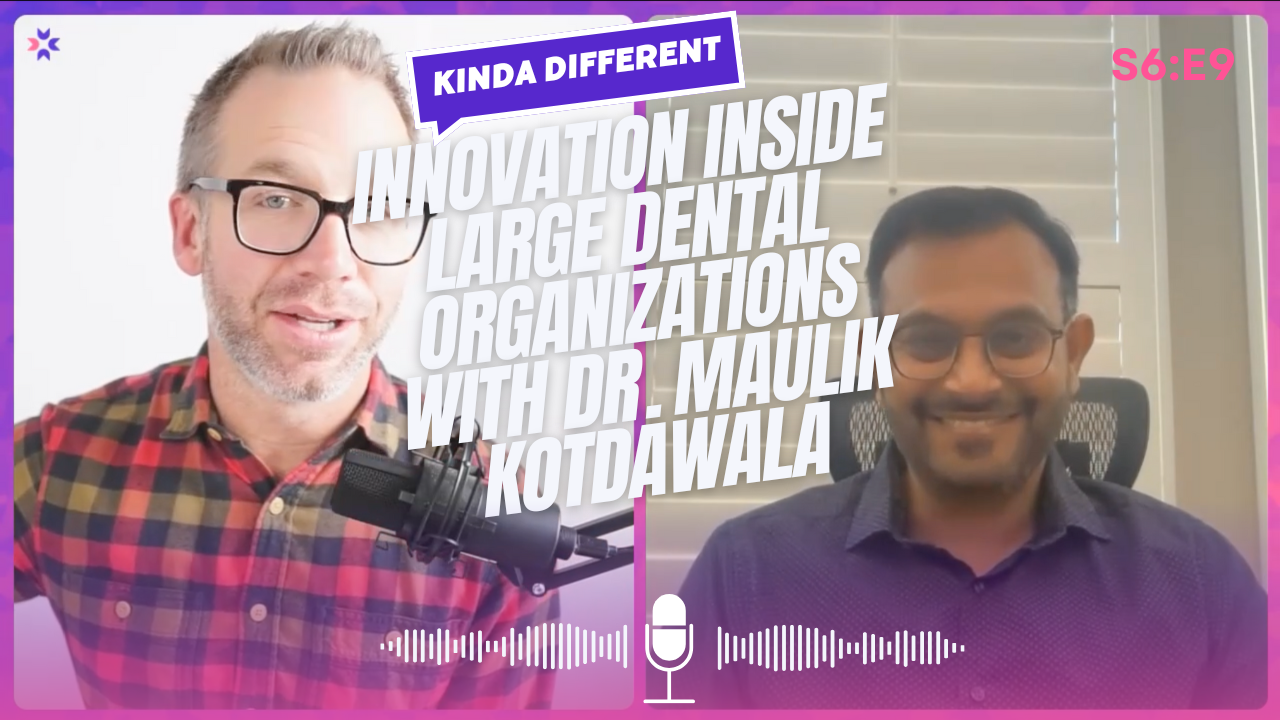When I think about the impact of technology on our society, the first word that comes to mind is ‘convenience.’ Trips to the bank to deposit checks have been replaced by pictures of checks from the comfort of my home. No longer do I have to bring multiple devices on vacations to listen to music, take photos, and record videos; that all fits in my pocket now. I can even watch my pizza being crafted in real time and show up at the exact moment it comes out of the oven, piping hot and delicious. It’s convenient and easy (not to mention tasty). Most of the technology that’s been developed in the dental space has followed this pattern as well. I can book an appointment online, pay my bill via text, pull up my xrays on my phone, and never have to gag on impression material again. Voila! Easy! I’m grateful for all these advances.
However, a relationship between a healthcare professional and a patient is about more than convenience. Even when enabled by technology like teledentistry, the core of our relationship with our patients will always be about trust. Technology has a harder time with trust than it does with convenience. You can’t simply click a button and create trust. Trust is developed over time by the consistent actions between people. This has meant that, despite the many improvements related to the convenience of the patient journey, little has been done to help dental professionals improve the actions they can take to build patient trust, and subsequently, ensure patient loyalty. Until now.
At DifferentKind, we’ve built a solution that helps you measure and improve all aspects of the patient journey, especially those that have an impact on trust. Listening, empathy, respect, partnership, cultural competence - we measure those. But that’s not the hard part. The hard part is providing actionable, evidence-based, personalized improvement insights that help you improve. It’s not enough to say, “You need to communicate more effectively with your patients.” That might be true, but it’s also not helpful. So we give you small, bite-sized actions that you can take today, tomorrow, with your next patient, that when consistently practiced over time, produce meaningful changes in your relationships with your patients. And we don’t just do this for individuals; we do it at a practice-level and an organizational-level as well.
What kind of changes are possible when our solution is effectively implemented? Let’s take a look at some of the results from our clinics where we performed our earliest testing.
· 40x increase in the number of patient experiences measured over baseline. This means that the vast majority of patient voices and perspectives are now being heard, gaining depth and breadth into what patients what and what you can do to provide for those wants.
· 30% increase in the quality of patient experiences. Would you settle for 65% on an exam? Especially when that ‘exam’ is based on the skills necessary to build and maintain patient trust? Of course not! 95% is much better, but even then, we still know exactly where there is room for continued improvement.
· Significant improvement in patient-reported outcomes over baseline. As we’ve seen in our article about empathy impacting outcomes, trust-building skills don’t just make for a nicer experience; they make for healthier patients. Patients who can smile with greater confidence. And eat with greater efficacy. And live their day-to-day lives without dental pain.
It’s time we moved beyond using technology to only make our patients’ dental experience easier and more convenient. It’s time we put people, relationships, and trust at the center of our promise to our patients. It’s time for a DifferentKind of dental care. And that time is now.
Get in touch to see how we can help transform the patient experience in your office.



